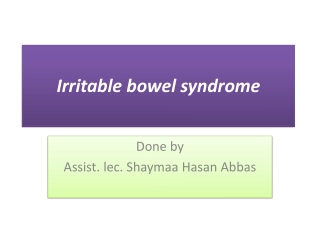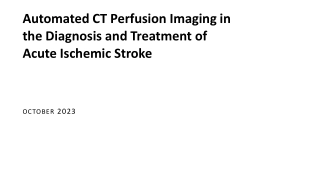
Colorectal Cancer Treatment in Wakad Pune - Dr. Manoj Dongare
Dr. Manoj Dongare is one of the best colorectal cancer specialist in Pune which handles each and every case with utmost care. In his surgical experience, he performs many colorectal cancer surgeries successfully. His expertise in colorectal cancer surgery and surgical oncology makes him one of the best surgical oncologist in Pune.
Download Presentation
Please find below an Image/Link to download the presentation.
The content on the website is provided AS IS for your information and personal use only. It may not be sold, licensed, or shared on other websites without obtaining consent from the author. Download presentation by click this link. If you encounter any issues during the download, it is possible that the publisher has removed the file from their server.
Presentation Transcript
Home About Us Recent Posts Liver Transplant HPB Surgery Breast Cancer s Awareness and Early Detection Are The Key Cancer Surgery Case Studies By Dr. Manoj Dongare May 04, 2024 Blogs Contact Us Questions That May Help Avail Better Cancer Care Colorectal Cancer By Dr. Manoj Dongare April 16, 2024 By Dr. Manoj Dongare 23/05/2022 Latest Blogs Second Opinion On Cancer Treatment- Second Chance In Life What is Colorectal Cancer? Colon cancer begins when healthy cells in the lining of the colon or rectum change and grow out of control, forming a mass called a tumor. It is also called bowel cancer , colon cancer , or rectal cancer . In the Colorectal cancer Colon and rectum are a?ected. Colorectal cancer is the third most common cancer in India and the treatment depends on how advanced the cancer has become but often includes some type of surgery to remove the tumor. Dr. Manoj Dongare is one of the best colorectal cancer specialist in Pune which handles each and every case with utmost care. By Dr. Manoj Dongare March 26, 2024 How Ovarian Cancer Treated and What to Expect After Surgery for Ovarian Cancer What are the signs and symptoms of Colorectal Cancer? By Dr. Manoj Dongare March 24, 2024 Colorectal cancer may not cause symptoms in the early stages. If it does: changes in bowel habits diarrhea or constipation a feeling that the bowel does not empty properly blood in feces that makes it look dark brown or black bright red blood from the rectum abdominal pain and bloating feeling full, even when a long time has passed since a meal fatigue or tiredness unexplained weight loss anemia If you notice any of the symptoms, you must visit a Cancer doctor in Pune at the earliest. The fastest assessment and subsequent treatment will help you combat this medical condition and live a better life. What is the risk factor for Colorectal Cancer? The following factors may raise a person s risk of developing colorectal cancer: Age: The risk of colorectal cancer increases as people get older. Race: Black people have the highest rates of colorectal cancer Gender: Men have a slightly higher risk of developing colorectal cancer than women. Family history of colorectal cancer: Colorectal cancer may run in the family if ?rst-degree relatives (parents, brothers, sisters, children) or any other family members have had colorectal cancer. Rare inherited conditions: Members of families with certain uncommon inherited conditions have a higher risk of colorectal cancer, In?ammatory bowel disease (IBD): People with IBD. This increases the risk of colorectal cancer. Personal history of certain types of cancer: People with a personal history of colorectal cancer previously are more likely to develop colorectal cancer. Physical inactivity and obesity: People who lead an inactive lifestyle, meaning no regular exercise and a lot of sitting, and people who are overweight or obese may have an increased risk of colorectal cancer. Food/diet. Current research consistently links eating more red meat and processed meat to a higher risk of the disease. Smoking: Recent studies have shown that smokers are more likely to die from colorectal cancer than nonsmokers. How to Diagnose Colorectal Cancer? Doctors use many tests to ?nd or diagnose, cancer. They also do tests to learn if cancer has spread to another part of the body from where it started. If this happens, it is called metastasis. For example, imaging tests can show if cancer has spread. There are many tests used for diagnosing colorectal cancer. Dr. Manoj Dongare may consider these factors when choosing a diagnostic test:
Colonoscopy:A colonoscopy allows the doctor to look inside the entire rectum and colon while a patient is sedated. Biopsy: A biopsy is the removal of a small amount of tissue for examination under a microscope. Blood tests: Because colorectal cancer often bleeds into the large intestine or rectum, people with the disease may become anemic. Computed tomography (CT or CAT) scan: A CT scan takes pictures of the inside of the body using x-rays taken from di?erent angles. Magnetic resonance imaging (MRI): An MRI uses magnetic ?elds, not x-rays, to produce detailed images of the body. Ultrasound: An ultrasound uses sound waves to create a picture of the internal organs to ?nd out if cancer has spread. Chest x-ray: An x-ray is a way to create a picture of the structures inside of the body, using a small amount of radiation. An x-ray of the chest can help doctors ?nd out if cancer has spread to the lungs. Positron emission tomography (PET) or PET-CT scan: A PET scan is usually combined with a CT scan (see above), called a PET-CT scan. After diagnostic tests are done, Dr. Manoj Dongare will review the results with you. If the diagnosis is cancer, these results also help the doctor describe cancer. This is called staging. What is the treatment option for colorectal cancer? Treatment options and recommendations depend on several factors, including the type and stage of cancer, possible side e?ects, and the patient s preferences and overall health. But the most common treatment of the colon cancer include Surgery: Surgery is the primary treatment for colorectal cancer that is limited to the colon. It aims to remove cancerous tissue, including tumors and a?ected lymph nodes, and prevent cancer from spreading. The surgery of colorectal cancer depends upon stages of Cancer that include 1) Early Stage Colorectal Cancer Surgery: If your colon cancer is very small, Dr. Manoj Dongare may recommend a minimally invasive approach to surgery such as Removing polyps during a colonoscopy (polypectomy), Endoscopic mucosal resection, and Minimally invasive surgery (laparoscopic surgery). Early stage cancer removed by above 3 surgical processes. 2) Advance Stage Colorectal Cancer Surgery: If cancer has grown into or through your colon, Dr. Manoj Dongare may recommend you Partial colectomy, Surgery to create a way for waste to leave your body, and Lymph node removal surgery. This type of surgery removes colorectal cancer and resists to grown in other body parts. 3) Very Advanced Colorectal Cancer Surgery: If your cancer is in the very advanced stage at that condition and cancer has spread only to the liver or lung but your overall health is otherwise good. In this Condition, Dr. Manoj Dongare may recommend surgery or other localized treatments to remove cancer. Chemotherapy may be used before or after this type of procedure. This approach provides a chance to be free of cancer over the long term. Chemotherapy: Chemotherapy is the use of drugs to destroy cancer cells, usually by keeping the cancer cells from growing, dividing, and making more cells. Chemotherapy may be given after surgery to eliminate any remaining cancer cells. For some people with rectal cancer, the doctor will give chemotherapy and radiation therapy before surgery to reduce the size of a rectal tumor and reduce the chance of the cancer returning. Radiation Therapy: Radiation therapy is the use of high-energy x-rays to destroy cancer cells. It is commonly used for treating rectal cancer because this kind of tumor tends to recur near where it originally started. A doctor who specializes in giving radiation therapy to treat cancer is called a radiation oncologist. A radiation therapy regimen, or schedule, usually consists of a speci?c number of treatments given over a set period of time. Targeted therapies: Targeted drug treatments focus on speci?c abnormalities present within cancer cells. By blocking these abnormalities, targeted drug treatments can cause cancer cells to die. Immunotherapy: Immunotherapy, also called biologic therapy, is designed to boost the body s natural defenses to ?ght cancer. It uses materials made either by the body or in a laboratory to improve, target, or restore immune system function. Book an Appointment: Dr. Manoj Dongare at Dr. D. Y. Patil Hospital and Research Center provides the best treatment for various gastrointestinal diseases in Pimpri Chinchwad Pune. For more information about our comprehensive treatment options, or to request an appointment with the best Surgical Oncologist in Pune call 09881379573 or Click on Book Appointment for online booking with your near hospital. Previous Post Esophageal cancer Next Topic ? ? About Dr. Manoj Dongare Dr. Manoj Dongare is currently working at Dr. D.Y. Patil Hospital and research center, Pimpri as a Senior Consultant in HPB & Liver Transplantation and Assistant Professor in Surgical Oncology. He is one of the best Liver Transplant and HPB surgeons in PCMC and Pune. He has more than 16 years of experience in the ?eld of Liver transplants, HPB Surgeries, and surgical oncology. Dr. Manoj Dongare has completed his 3 years Surgical oncology Residency at Tata Memorial Hospital,
Mumbai. He also did a 6-month fellowship in Gynecological Oncology at center Oscar Lambret, Lille, France. He then Practiced as a consultant in Surgical Oncology in Aurangabad for 5 Years. He then worked as a Fellow in HPB and Liver Transplantation at Kings College Hospital, London for a year and then spent another year at St. James Hospital, Leeds UK. He then moved to Delhi and worked as a Consultant in Liver Transplantation at Max Hospital Saket, Delhi for almost a year. He has a Special Interest in Complex HPB Surgery, Cadaveric, and Living Donor Liver Transplantation, and Surgical Oncology. He has been actively involved in over 600 liver Transplants, 300 Pancreatic Resections (including portal vein resections, Post chemoradiation), and 400 liver resections for colorectal metastasis and HCCs, Extended hepatectomies +/- Vascular resections for cholangiocarcinomas, 2 stage hepatectomies, and ALPPS and over 2000 cancer surgeries. CLOVERLEAF SPECIALITY CLINIC DR. DY PATIL HOSPITAL & RESEARCH CENTER Ashirwad house, 202, Kala Khadak Rd, near Bhumkar Das Gugre Road, next to Good Samaritan school, Shankar Kalat Nagar, Wakad, Pimpri-Chinchwad, Pune, Maharashtra 411057 Surgery OPD 9, D.Y. Patil Hospital & Research Centre, Sant Tukaram Nagar, Pimpri Colony, Pimpri-Chinchwad, Maharashtra 411018 09881379573 09881379573 drmanoj@livertransplantpune.in drmanoj@livertransplantpune.in Mon-Sat: 9:00 AM 8:00 PM SERVICES WE PROVIDE Pediatric Liver Transplantation Adult Liver Transplantation Living Donor Liver Transplant Cadaveric Liver Transplant Liver Cirrhosis Hepatitis B Hepatitis C Liver Failure NASH Jaundice Liver Cancer Pancreatic Cancer Pancreatitis Bile Duct Cancer Gall Bladder Disease Biliary Stricture Gynaecological Cancers Alcoholic Liver Disease Copyright 2024 | All Rights are Reserved by Dr. Manoj Dongare. Book An Appointment Contact Us FAQ




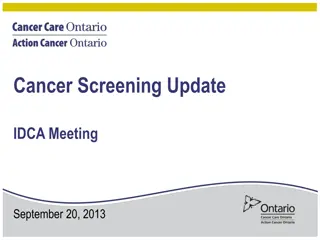
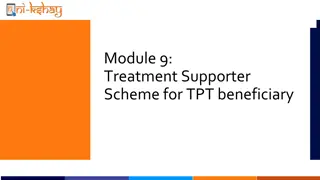


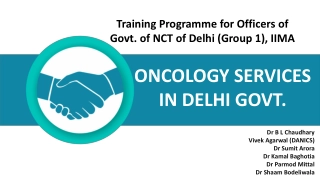





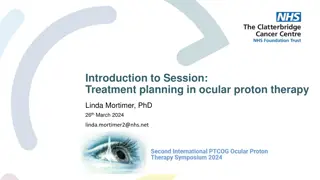
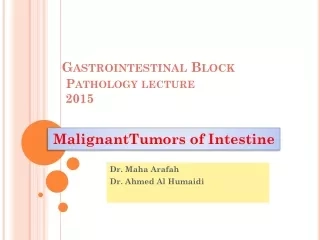


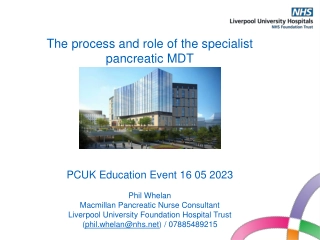









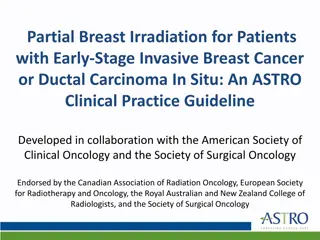


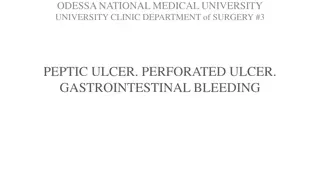

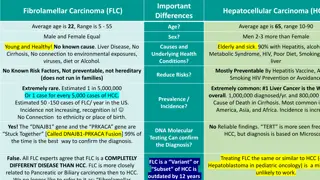
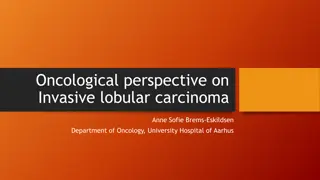
![Financial hardship and the economic burden of health [cancer] care](/thumb/779/financial-hardship-and-the-economic-burden-of-health-cancer-care.jpg)









